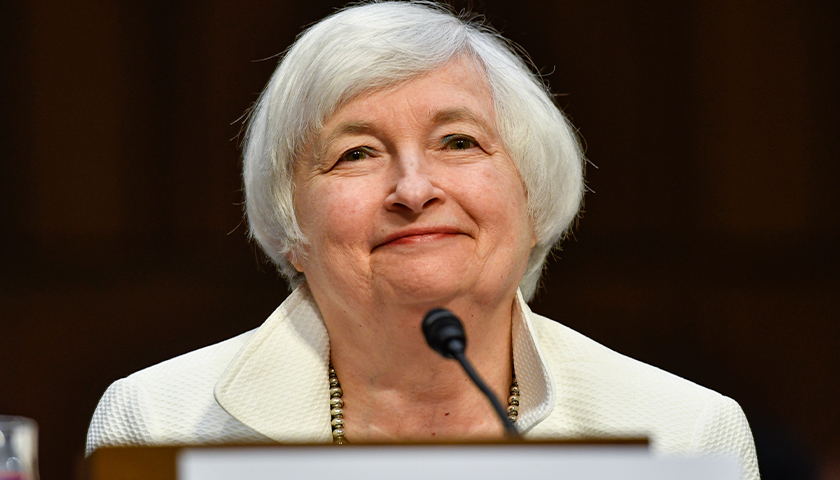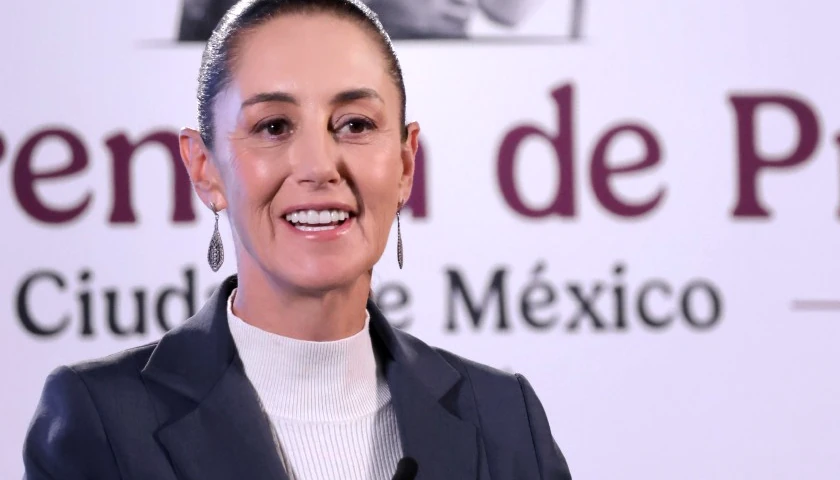by Casey Harper
The Biden administration is making changes to its plan to require banks to report to the IRS on all accounts with at least $600, but banks say those changes are not enough.
Biden has pitched increasing federal tax revenue through more auditing and a stricter IRS as a way to help fund his proposed trillions in federal spending. His initial plan to require reporting of all $600 accounts sparked major controversy.
Biden is now expected to release more details of a revised plan that would raise the threshold from $600 to $10,000.
“Today’s new proposal reflects the administration’s strong belief that we should zero in on those at the top of the income scale who don’t pay the taxes they owe, while protecting American workers by setting the bank account threshold at $10,000 and providing an exemption for wage earners like teachers and firefighters,” Treasury Secretary Janet Yellen said.
Banks, though, have said this change would make little difference and millions would still qualify for reporting requirements.
“Today marks another attempt by the administration and congressional leaders to explain to the American people why the government needs more information on them,” said Rob Nichols, president and CEO of the American Bankers Association. “Even with the modifications announced today, this proposal still goes too far by forcing financial institutions to share with the IRS private financial data from millions of customers not suspected of cheating on their taxes. The exclusion of payroll and federal program beneficiaries does not address millions of other taxpayers who would be impacted by the proposal. Not every non-wage worker is a millionaire. How about self-employed hair stylists, convenience store owners and farmers just to name a few?”
Lawmakers, businesses, trade associations and nonprofit groups have all raised the alarm about the plan, saying it is a major invasion of privacy that sweeps up far more data than is required to catch wealthy tax cheats.
Banks have also pointed to the major expense of tracking and reporting such a large amount of information to the IRS.
“If enacted, this new proposal would still raise the same privacy concerns, increase tax preparation costs for individuals and small businesses, and create significant operational challenges, particularly for community banks,” Nichols said. “Given the IRS’s own recent history, the privacy and data security concerns for Americans are real and should not be taken lightly. That is why Americans across the country have expressed their strong opposition to this proposal. We firmly believe that everyone should honor their tax obligations, but this blunt instrument is not the right tool to solve this problem.”
– – –
Casey Harper is a Senior Reporter for the Washington, D.C. Bureau for The Center Square. He previously worked for The Daily Caller, The Hill, and Sinclair Broadcast Group. A graduate of Hillsdale College, Casey’s work has also appeared in Fox News, Fox Business, and USA Today.




